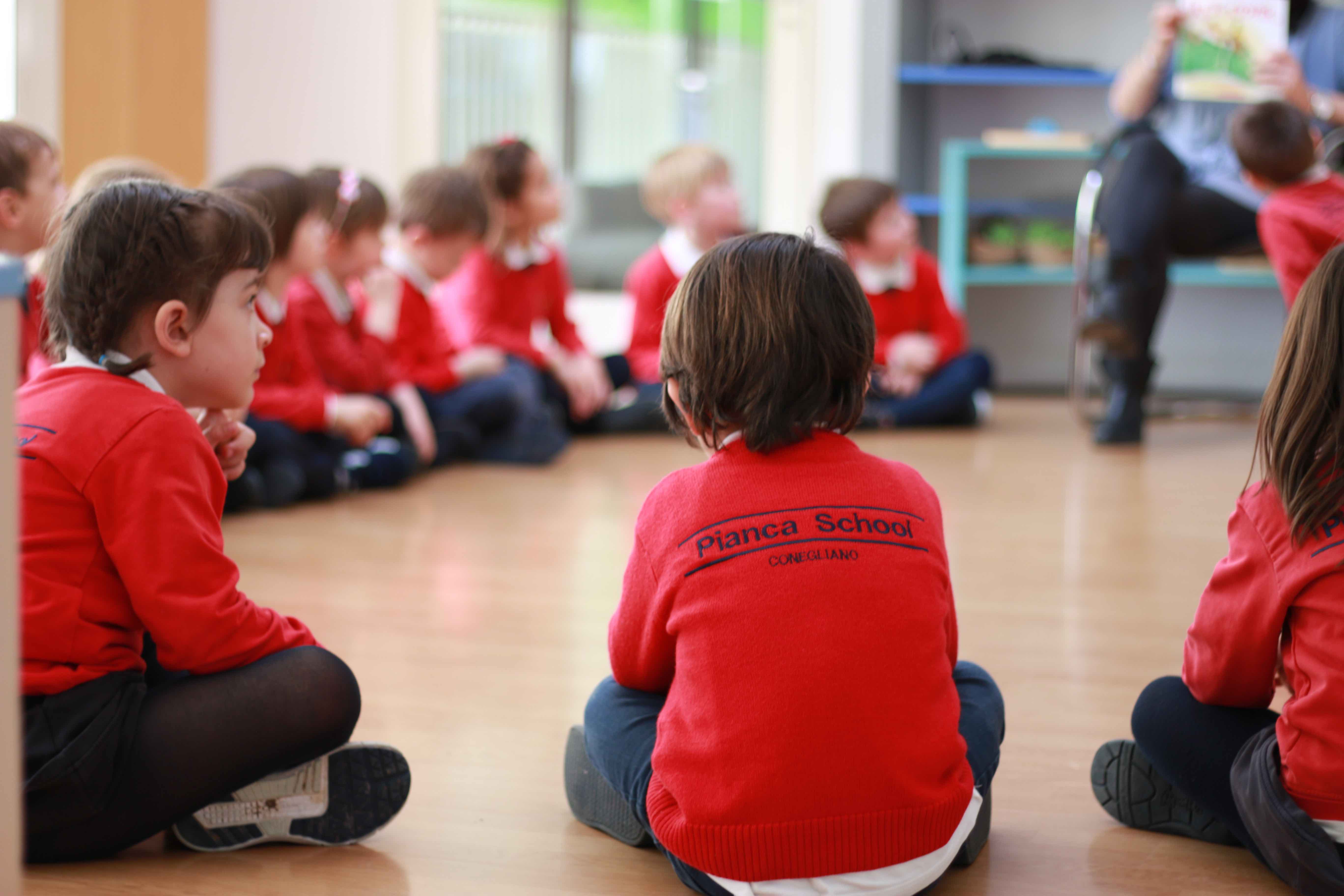A child’s day is a succession of stimulating and engaging activities that encourage exploration, experimenting, thinking, dialogue and communication.
Besides the traditional activities, the Cambridge International programme includes a wide range of “hands-on” workshops.
Didactic activities are aimed at offering the child a wide range of stimuli that encourage him to explore, experiment and discover the world around him.
The choice of activities changes constantly as the group is observed and all lessons are catered to meet the needs and interests of the children.
Activities are presented in a fun way allowing the child to experiment different situations that are important for his development.
Play, represents a vital and fundamental part of a child’s education and is one of the best ways of learning.
Besides being a physiological need, play:
- stimulates psychomotor developmentas it involves the whole body in movement and its perception
- stimulates cognitive developmenthelping the child to find new and ingenious solutions
- stimulates language development helping the child to develop communication skills
- stimulates emotional development allowing the students to experience emotions and feelings
- stimulates social development creating stronger relationships and bonds
All activities are carried out in a playful and serene context, which offers a stimulating learning environment. Children experience Nursery school as a “wonderful fairytale world” made up of games, songs, stories, dramatizations, dancing, movement, outings, and much more. They learn English with pleasure and satisfaction becoming bilingual citizens of the world.
Learning takes place through conversation, confrontation with peers, through direct experience, exploration, contact with objects, observation, problem solving, proceeding by trial and error. By “doing and trying”, the child learns new skills and acquires experience and knowledge. The teacher’s wise guidance and support in times of difficulty, allows the child to deepen and systematize learning effectively. The students enjoy this process because they gradually perceive themselves as skilled and fulfilled and consequently increase their self-esteem (I can, I am capable, I am good).



